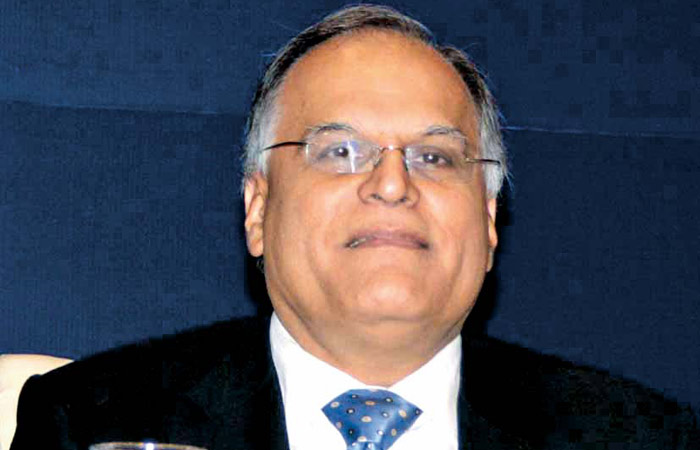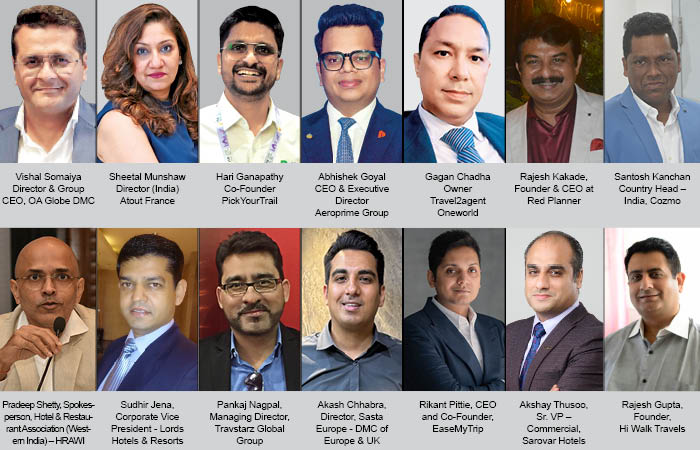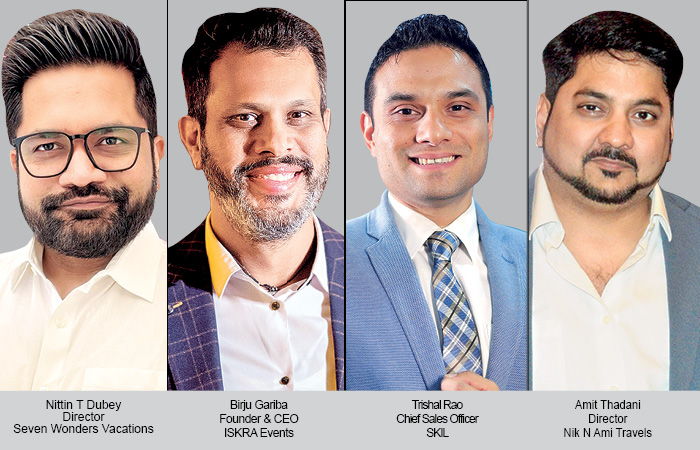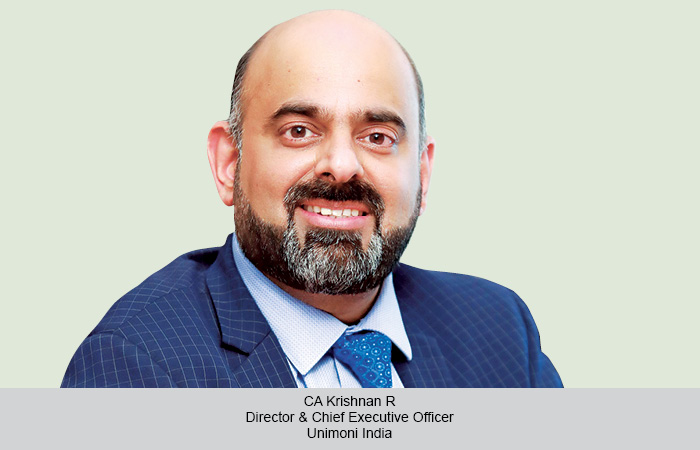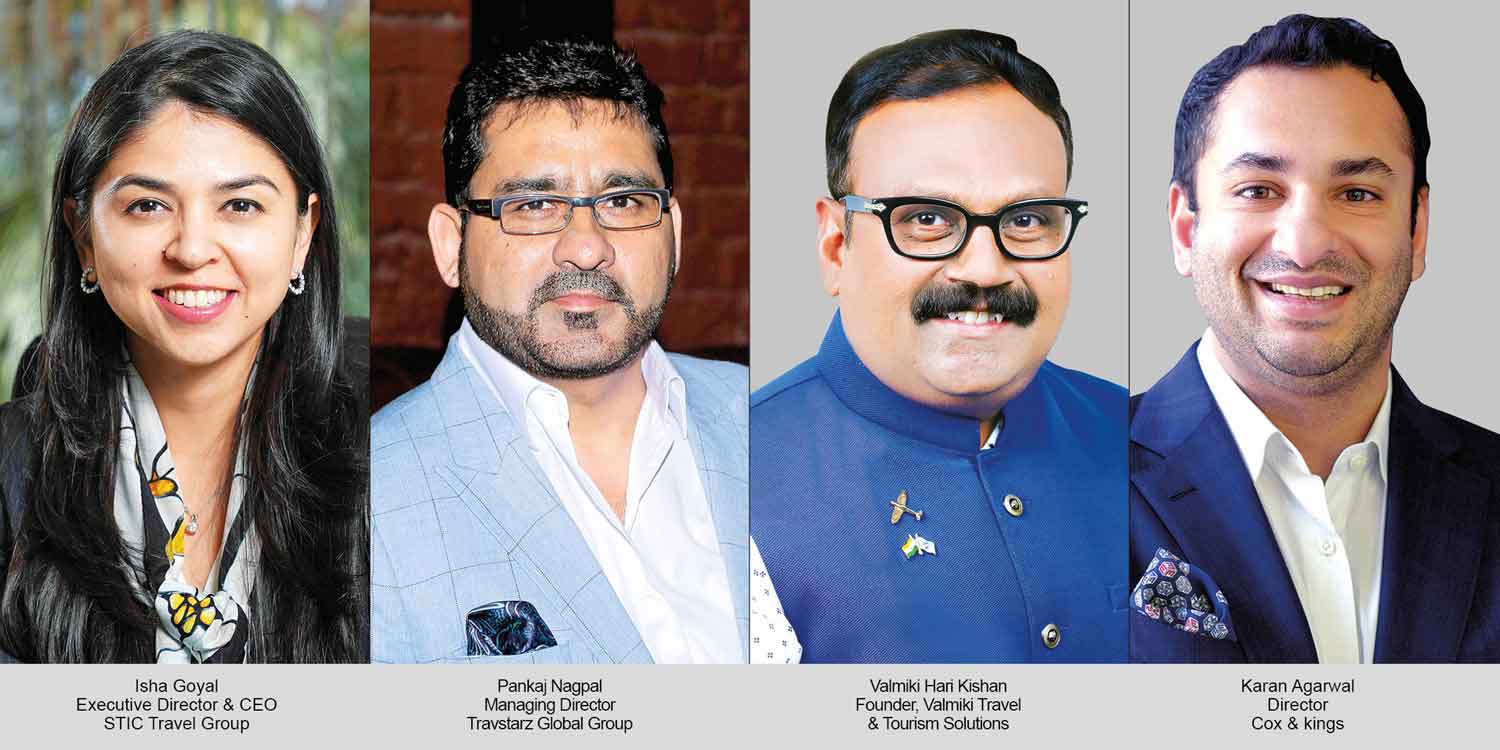The tourism and hospitality industry is changing at an exponential rate. The new products being added everyday and the ever-evolving technology has put travel agents at the precipice of evolution. Ashwini Kakkar, Past President, TAAI, outlines various changes in the industry and suggests the way forward.
Aviation
According to Kakkar, the introduction of low cost carriers (LCC) has brought a revolution in the aviation industry where today they own one out of four seats of the total passenger seats and soon will own one out of three seats across the globe. The formation of alliances is likely to get larger in the future.
Review service providers
Identifying the shift in the universe of the service providers like car rentals and hotels, Kakkar explains that the car rental spectrum has been revolutionised with companies like Uber and Lift. “Their margins as of today range from 20-30 per cent and if driver-less cars come into operation, then their margins will be close to 52 per cent. This is the vision with which the valuation of Uber has gone up to $60 billion. If the valuation of Starwood and Marriott International put together today is about $25 billion whereas Airbnb alone values at $26 billion, without owning a hotel room, then we have to understand the relative economics of this whole game,” he says.
Catering to the millennials
The consumer behaviour is also fast changing and it is important for the travel professionals to understand these paradigm shifts. There are new travel segments emerging led by the millennials who are the natives of the digital world. Kakkar points out that 50 per cent of this category makes travel booking on their mobile phone but it is interesting to note that 35 per cent of millennials are still going to the travel agents to make their final bookings. However, before going to the travel agents, the millennials on an average spend 55 minutes doing their research; averagely look at 17 websites; are going through four search ads and are using more than four devices each. “The new consumer behavior is defined by closer-shorter-cheaper-later, multiple trips, do it yourself etc. Travel is becoming emotional and is being based on new unique and personalised experiences,” says Kakkar. He adds that safety and security is no longer a luxury but a necessity for travellers and travel professionals have to add it to the line of travel.
Learning from other industries
Kakkar suggests that the travel industry needs to observe the various changes in related industries and evolve to match the needs of buyers and sellers in a scenario which is very transient as everyday new products and technology is being introduced. He explains that while the medical industry has grown its profits by 200 per cent; the real estate business by 150 per cent; the legal industry by 250 per cent; the net impact on the travel industry is minus 75 per cent which means that the travel services are priced at one fourth to what they were 10 years ago and this needs to be reviewed. “The IT industry has brought in the concept of bundled services and recurring incomes where one cannot buy one product but a host of them and also pay an annual maintenance fee for it. For example, asking customers to maintain and update their passport and visa details at an annual fee of $5 is something we can look at as other sources of revenue which is recurring. The banking industry works on reduction in people costs and increase in technology usage; the medical industry offers models based on loyalty and life time value to customers which is an asset that can be brought into the travel service practices,” he says.
 TravTalk India Online Magazine
TravTalk India Online Magazine




